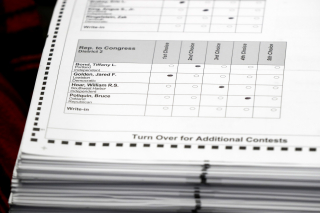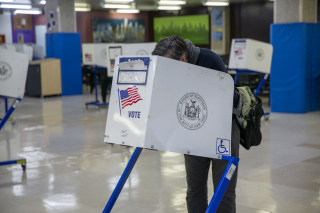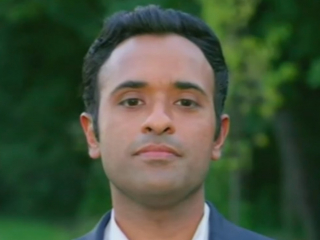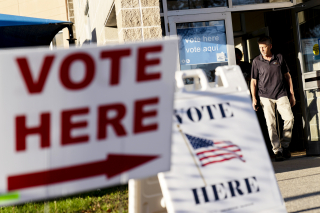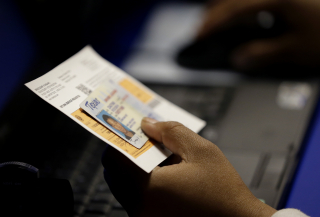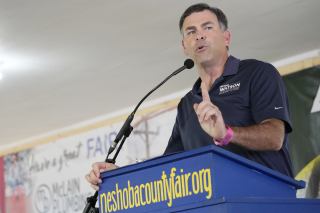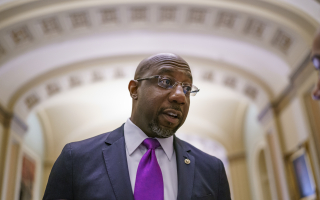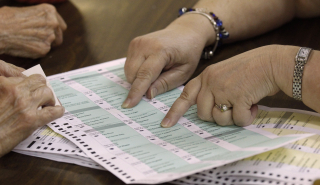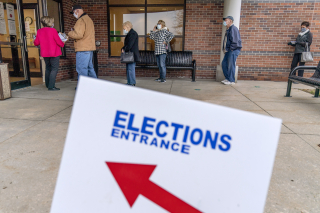For democracy to work, the electoral process must engender widespread trust. Yet public opinion surveys show that significant segments of the losing side in a presidential election lack faith in the integrity of the process. Only one-third of Republican voters believe that the 2020 presidential election was “free and fair.” After the 2016 contest, a smaller, but still significant, group of Democrats—28 percent—expressed skepticism that the votes had been counted accurately. Moreover, overall confidence in the fairness of U.S. elections has been falling for more than a decade.
To go deeper into the subjects covered by this online library, visit the following subportals: Voter Identification, Voter Registration and Voter Roll Maintenance, Election Security, Remote Voting, Voter Access and Early Voting
Essential Reading
-
Americans want their votes to matter. To improve on its voting system, Washington could benefit from looking at its neighbor to the north, Alaska, which advances four candidates to the general election and uses RCV to determine the winner
-
Urgent Recommendations in Law, Media, Politics, and Tech for Fair and Legitimate 2024 U.S. ElectionsThe continuing crisis over election legitimacy and fairness raises issues in law, media, politics and norms, and tech. Solutions must be not only interdisciplinary but also broadly acceptable across the political spectrum. Generating change in politically diverse communities and by legislative leaders from both sides of the aisle requires finding areas of consensus and agreement
-
A series of high-profile global elections in 2024 will require social media platforms and generative AI developers to meet the moment amid an evolving and uncertain technology landscape
-
According to clear scientific consensus, no known technology can make internet voting secure. In some applications—such as e-pollbooks (voter sign-in), voter registration, and absentee ballot request—it is appropriate to use the internet, as the inherent insecurity can be mitigated by other means
-
We want to ensure that every eligible citizen is able to vote and that those votes are not diluted, voided, or stolen due to errors, mistakes, fraud, or other problems in the election system
-
This explainer provides an overview of ballot images and CVRs and explores how making these files available online would affect privacy, transparency, and efficiency. BPC’s Task Force on Elections will release an additional report later this year with recommendations on how policymakers can best advance transparency in elections
-
Contemporary election reforms that are purported to increase or decrease turnout tend to have negligible effects on election outcomes. We offer an analytical framework to explain why
-
This explainer identifies the primary entities from each branch of the federal government with a role in elections and their overlap and inter-agency collaboration to equip election stakeholders to better use existing resources and advocate for needed improvements



